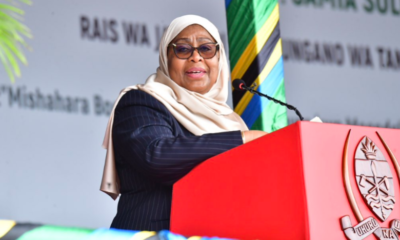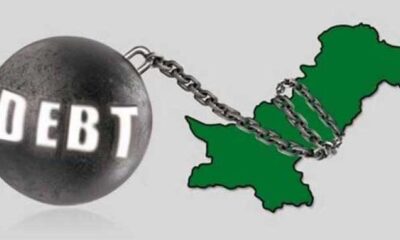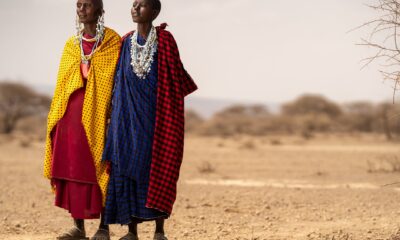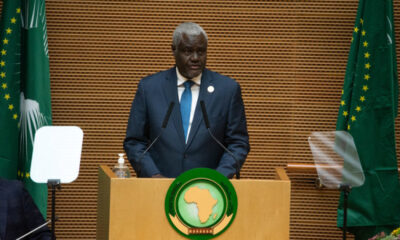Rwanda, a small country nestled amongst a thousand green undulating hills, has been taking a cue from the rich nature that surrounds and sustains it.
Although its contribution to global greenhouse gas emissions is negligible, its vulnerability to climate change shocks risks stifling the remarkable economic and social progress the country has achieved in the past decade.
The consequences of extreme natural disasters, including frequent floods and droughts, dampen Rwanda’s prospects for sustainable growth. They also delay the government’s ambitious plans to improve the health and livelihoods of Rwandans.
A new diagnostic report from the World Bank, the Country Climate and Development Report (CCDR) for Rwanda, estimates that if no action is taken to address climate change, GDP would be around two percent lower on average through 2050 than it would be in a world without climate change, with similar reductions in levels of household consumption, exports, and government revenue.
Mainstreaming actions
Rwanda has been at the region’s forefront when it comes to putting climate at the centre of its development. The government has made concerted efforts to mainstream climate action into its strategies in order to significantly reduce greenhouse gas emissions and enhance adaptation — all while fostering a better, more prosperous, and more resilient future for its people.
It’s 2020 Nationally Determined Contribution (NDC) outlines critical climate mitigation and adaptation measures needed to support the country’s low carbon and resilient national development ambitions.
The CCDR for Rwanda presents pathways that Rwanda could consider achieving its Vision 2050 and national strategies for transformation, green growth, and climate resilience — while prioritising actions that will enhance the impact of NDC investments and deepen the commitment to green economic and social transformation.
The cost of implementing actions in the 2020 NDC is high — the Government estimates it at $11 billion, or to spend 8.8 percent of the GDP each year through 2030.
Thus, the biggest hurdle Rwanda faces in implementing its innovative, green, inclusive, responsive, and growth-oriented development pathway is finding resources to finance these plans and strategies.
It is a challenge that affects a majority of countries in the region at a time when global climate action is stalling amid multiple crises — the conflict in Ukraine, Covid-19, surging inflation, and reversals in development.
The CCDR suggests a mix of resources: the government’s own, development partners, and the private sector to help balance the costs and risks. Therefore, one of the most urgent actions the government can take is to develop a climate-smart, private sector-friendly investment environment that helps balance investment projects with policy reforms and encourages the development of a green finance market.
The private sector and private investment have crucial roles to play in helping Rwanda achieve its climate and development goals. The CCDR explores how Rwanda could best engage the private sector across its economy, including agriculture, infrastructure, and urban development.
For example, blended finance can reduce perceived risks by investors looking to enter new markets, and eventually demonstrate the business case for sustainable private sector investment in the sector and the country.
These kinds of solutions are needed to scale up investments in human and natural capital, but also in water infrastructure and management, conservation agriculture, and sustainable forestry to mitigate emissions from, agriculture and land use.
Blended finance
At COP27, Rwanda will unveil its plans to launch Ireme Invest, a facility for private-sector green investments that will crowd in private-sector investment. Ireme Invest is a green investment facility that will support the private sector to access green finance and increase the private sector’s contribution to Rwanda’s response.
The facility will catalyse green and low-carbon private investment with a focus on blended finance.
Keith Hansen is the World Bank Country Director for Rwanda, Uganda, Kenya, and Somalia, and Rolande Pryce is, World Bank Country Manager for Rwanda


 Sports2 days ago
Sports2 days ago
 Metro1 day ago
Metro1 day ago
 Tech18 hours ago
Tech18 hours ago
 Culture2 days ago
Culture2 days ago





























